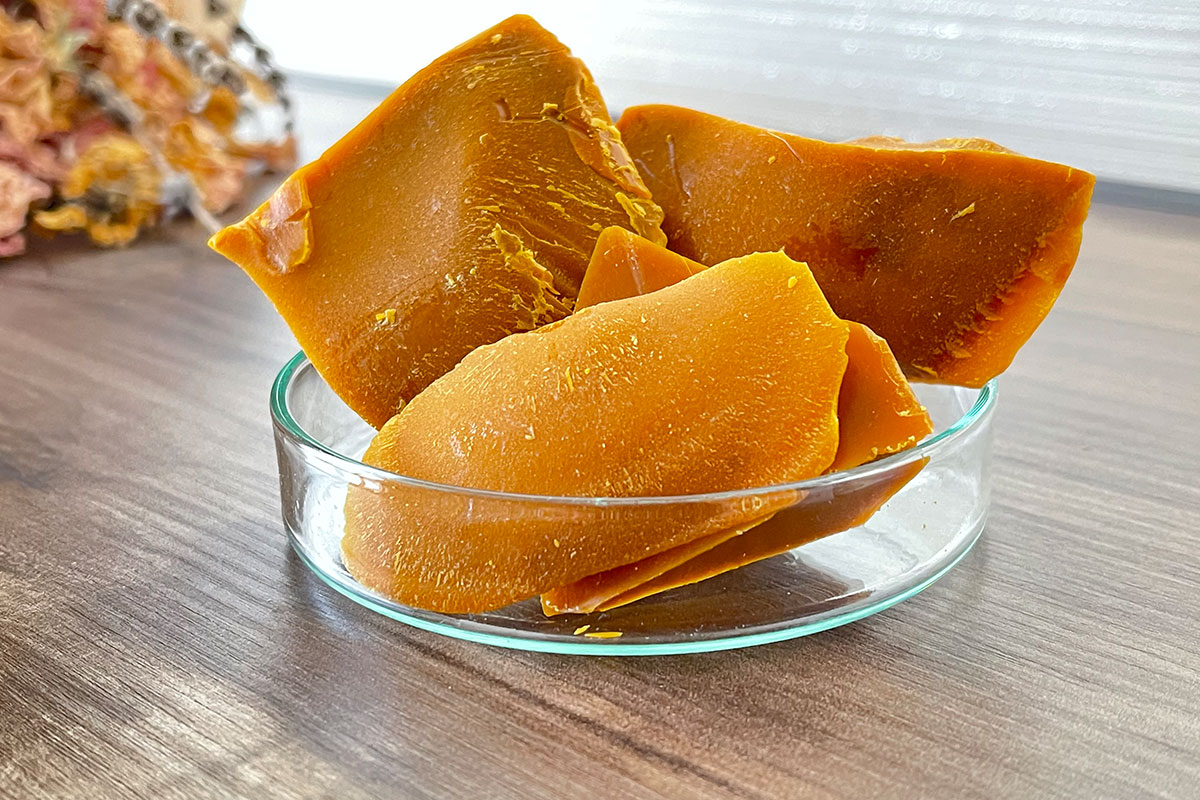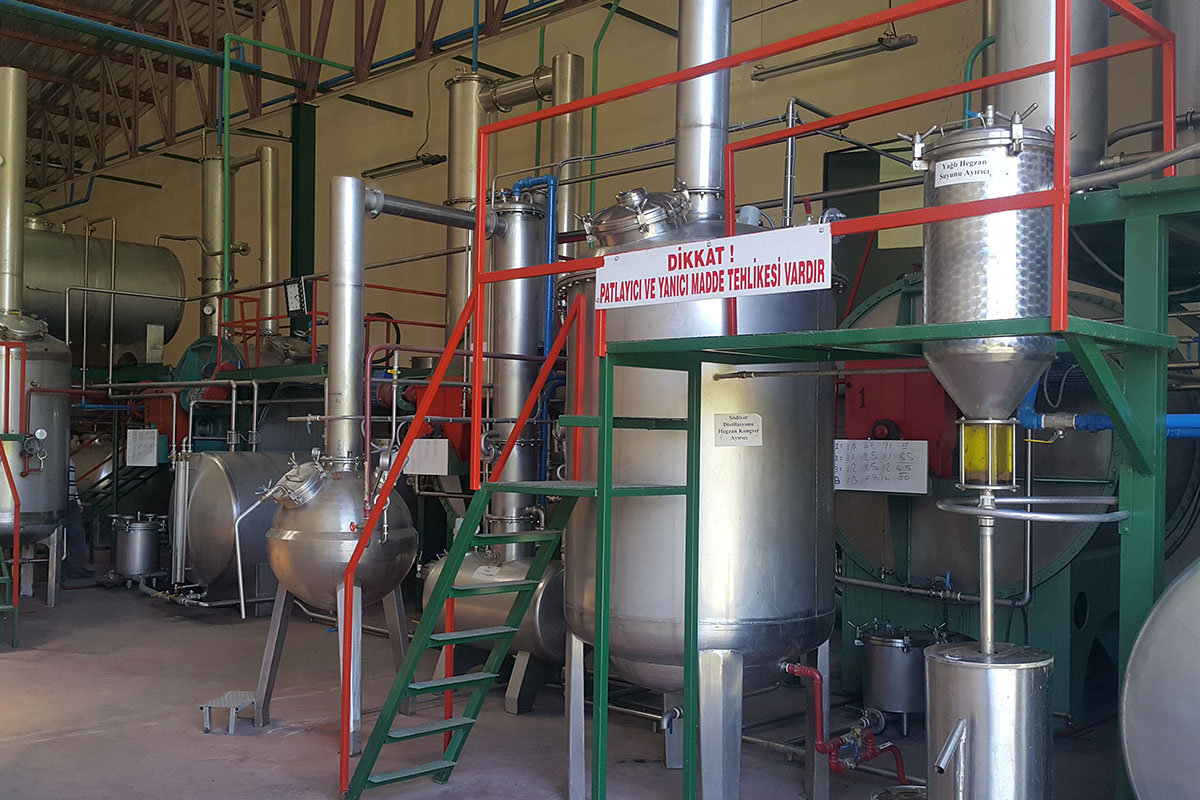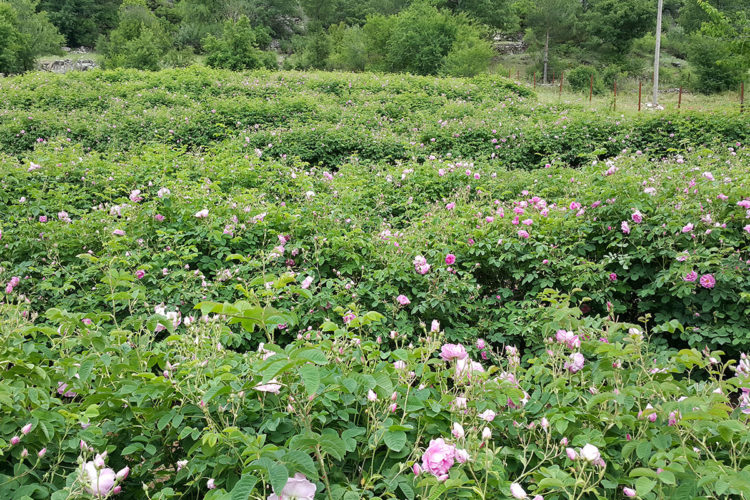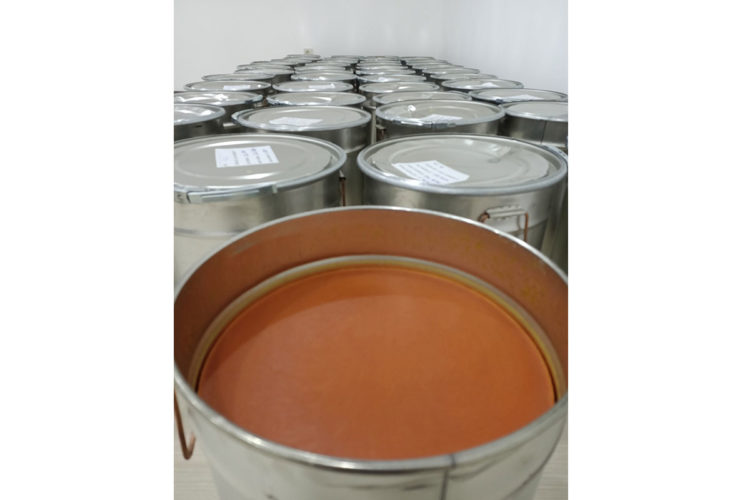Rose Concrete
7 Powerful Facts About Turkish Rose Concrete You Should Know
Introduction
Among the most prized aromatic extracts used in perfumery and natural fragrance development, rose concrete holds a significant place. Known for its rich floral scent and waxy texture, this substance is derived from fresh rose petals and acts as a key intermediate in producing aromatic compositions.
Turkey, particularly the Isparta region, has emerged as one of the leading producers of rose concrete globally. This article explores 7 powerful facts that showcase why Turkish rose concrete plays such a vital role in the natural fragrance industry.
1. Isparta’s Climatic Perfection for Roses
The production of high-quality rose concrete begins with superior flowers. The Isparta province in southwestern Turkey is internationally recognized for offering ideal climate conditions, high altitudes, and fertile soil for rose cultivation. These environmental features allow the roses to develop a full-bodied fragrance profile that translates effectively during extraction.
In Isparta, roses are typically harvested in the early morning during a short blooming season in late spring. This careful timing ensures maximum aromatic intensity, which directly contributes to the richness of the resulting rose concrete.
2. Traditional Harvesting Enhances Quality
Rose petals destined for concrete extraction in Turkey are still largely harvested by hand. Farmers gather the blossoms gently to preserve the petals’ integrity and prevent bruising. This meticulous process helps maintain the full aromatic composition of the rose throughout the journey from field to extraction.
Turkish rose harvesters rely on generations of experience to determine the exact timing for optimal bloom, which is often influenced by seasonal weather variations, rainfall, and sunlight. This human element of expertise adds unique value to every batch of rose concrete produced.
3. Solvent Extraction Distinguishes Rose Concrete
Rose concrete is produced using a method known as solvent extraction. Fresh petals are exposed to a food-grade solvent that dissolves the aromatic components and waxes from the petals. The solvent is then removed, leaving behind a semi-solid, fragrant substance known as rose concrete.
Turkey’s rose concrete is particularly appreciated for its dense texture, vibrant color, and aromatic complexity, which reflects both the quality of the roses and the precision of the extraction techniques used by Turkish producers.
4. Versatility in Natural Product Industries
Rose concrete is a versatile raw material, used extensively in natural perfumery, botanical cosmetics, and artisan fragrance creations. Although it is not directly used in its raw form in all products, it is often the first step in creating rose absolute or natural rose-based compositions.
Its waxy consistency and strong floral scent make it ideal for long-lasting applications. Turkish rose concrete, in particular, is favored for its consistency, depth, and aromatic strength, making it a reliable ingredient for creators seeking natural aromatic sources.
5. Large-Scale Yet Artisanal Production in Turkey
Despite its expanding role in the international fragrance market, Turkish rose concrete is still produced through artisan-centered, cooperative-based farming systems. Small-scale farmers in Isparta form the backbone of the industry, supplying large processing centers with fresh petals during the brief harvest season.
These collaborative farming models help ensure traceability, freshness, and fair economic participation, while still supporting large-scale production to meet global demand. This balance between scale and craft is one of Turkey’s greatest strengths in the natural extract space.
6. Sustainable Agricultural Practices
The rose concrete industry in Turkey is deeply rooted in sustainable agricultural values. Farmers use minimal mechanical intervention, avoid harmful chemicals, and often repurpose residual plant material for composting or energy. The brief, intense harvest season encourages efficient use of natural resources, such as water and land.
Moreover, rose cultivation in Isparta does not rely on artificial irrigation in many areas, reducing environmental impact while preserving the natural terroir that gives Turkish roses their unique scent profile.
7. A Cultural and Economic Symbol
Roses are not only a crop in Turkey—they’re a cultural emblem. The annual rose festivals in Isparta, where rose petals, music, and local heritage come together, reflect the significance of the flower in Turkish society.
The production of rose concrete is closely tied to this identity. It’s more than just an extract—it’s a representation of Turkish craftsmanship, community resilience, and agricultural pride. With global demand for natural aromatics on the rise, Turkish rose concrete continues to earn international acclaim.
Conclusion
From its fragrant fields in Isparta to high-end fragrance studios around the world, Turkish rose concrete is a powerful ambassador of natural excellence. With its unmatched scent, traditional roots, and sustainable production methods, this aromatic treasure stands as a testament to Turkey’s vital role in the global plant extract industry.
Whether you’re a natural product developer, a fragrance artisan, or simply fascinated by the journey of botanical ingredients, rose concrete from Turkey offers authenticity, tradition, and exceptional quality in every gram.
Product Information
Crop: Cultivated
Parts used: Flowers
Extraction Method: Solvent (Hexane) extraction
Quality: 100 % pure and rose concrete
Industry used: Cosmetic and Perfume industries.
Packaging: Aluminum bottles in various sizes.
Country of origin: TÜRKİYE





